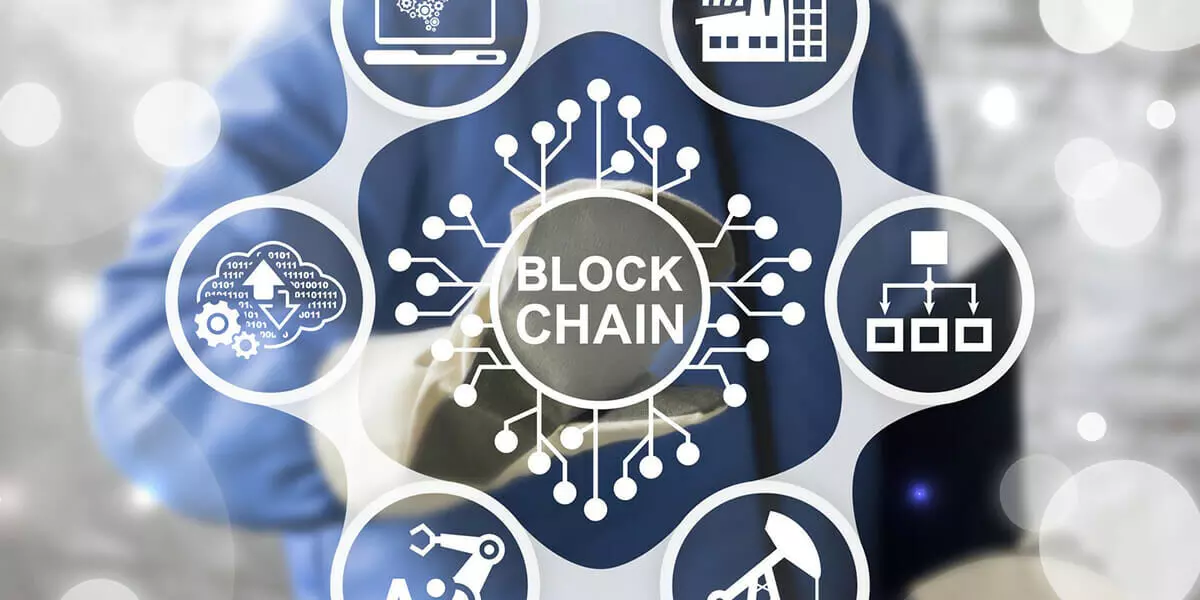The Role of Blockchain Technology in Building Trust in a Digital World
Blockchain's decentralized structure cultivates a secure and transparent foundation for digital exchanges and connections.
The Role of Blockchain Technology

In an era where digital interactions dominate, establishing trust has become increasingly vital. Blockchain technology emerges as a transformative solution, offering unprecedented levels of security, transparency, and accountability. By leveraging its decentralized nature, blockchain fosters a trustworthy environment for digital transactions and interactions.
Understanding Blockchain Technology
At its core, blockchain is a decentralized, distributed ledger that distributes transactions across a network of computers, each of them sorted into blocks, described sequentially, creating an immutable chain. From this structure alone, once data is recorded, it cannot be changed without the consent of the members of the network. The end effect is data that is tamper-proof, with assurance through the effective use of cryptography techniques.
Vital Aspects That Strengthen Trust
Decentralization: Transaction validation ought to be performed by central authorities within traditional systems—an obvious vulnerability and point of failure. On the other hand, blockchain distributes liability among nodes in a network, which makes it virtually impossible for some lone individual to alter the information. This decentralization increases trust because of the elimination of dependency on third parties.
Immutability: After a transaction has been recorded on the blockchain, it cannot be modified or deleted in any way, except with unanimous network consensus. This feature is particularly quite important in supply chain management and vote-making systems, where integrity in data is of prime importance.
Transparency: Blockchain operates on an open public ledger viewed by all parties within the network. It enables independent validation of the transaction and tracing the flow of assets so users are not dependent on third-party servicing. The auditing ability of real-time transactions breeds accountability and trust between users.
Security: Due to the distributed nature of a blockchain, it lacks a central point for storing sensitive data. Accordingly, the possibility of data breaches is greatly minimized. Even in a scenario where an attacker can seize control of one node, he would only gain a fraction of the data, a very viable challenge to compromise the entire system.
Building Trust in Digital Ecosystems
The application of blockchain technology extends beyond cryptocurrencies; it plays a pivotal role in various sectors by facilitating trust in digital ecosystems.
Supply Chain Management: Blockchain can track products from origin to consumer, ensuring authenticity and reducing fraud. Each step in the supply chain can be recorded on the blockchain, providing an auditable trail that enhances transparency and trust among consumers.
Financial Services: In finance, blockchain enables secure peer-to-peer transactions without intermediaries, reducing costs and increasing efficiency. Smart contracts can automate agreements based on predefined conditions, further enhancing trust by ensuring compliance without requiring third-party oversight.
Voting Systems: Blockchain technology can secure voting processes by providing an immutable record of votes cast. This transparency helps to eliminate fraud and enhances public confidence in electoral outcomes.
Empowering Users and Organizations
Blockchain not only increases security but also empowers the use of individuals and organizations, allowing them control over their digital interactions. It is through the elimination of these intermediaries that users are directly able to interact with one another, creating a new era of trust based on clear transparency and accountability.
It is in this increasingly digital world that blockchain technology proves to shine as a beacon of reliability and innovation between security and accessibility. Here lies a new way of thinking about trust in our digital interactions by embracing blockchain as not just a new technology but a fundamental shift to decentralized trust that might reshape our future for the better.
(This article is authored by Om Malviya, President, Tezos India)

